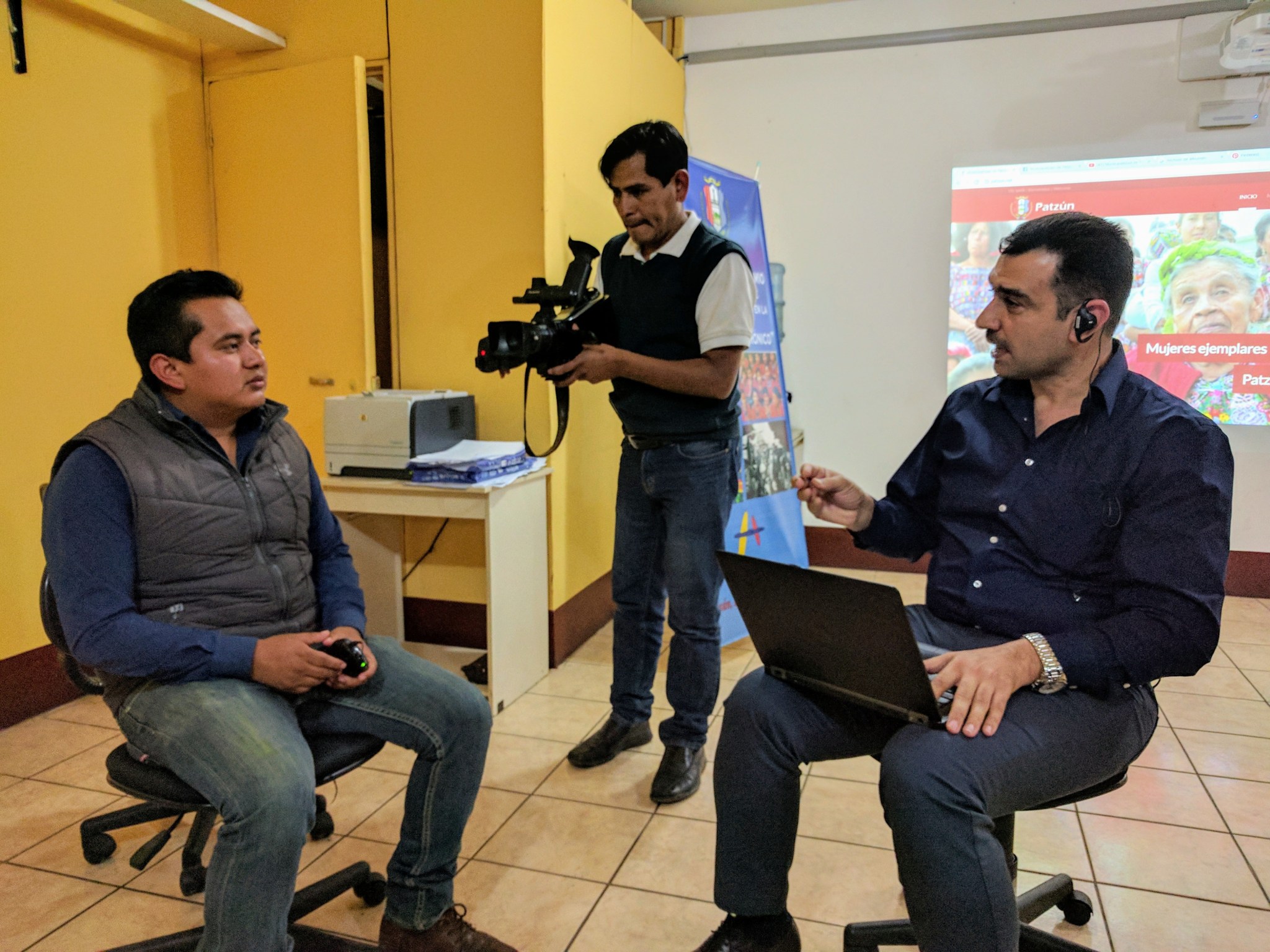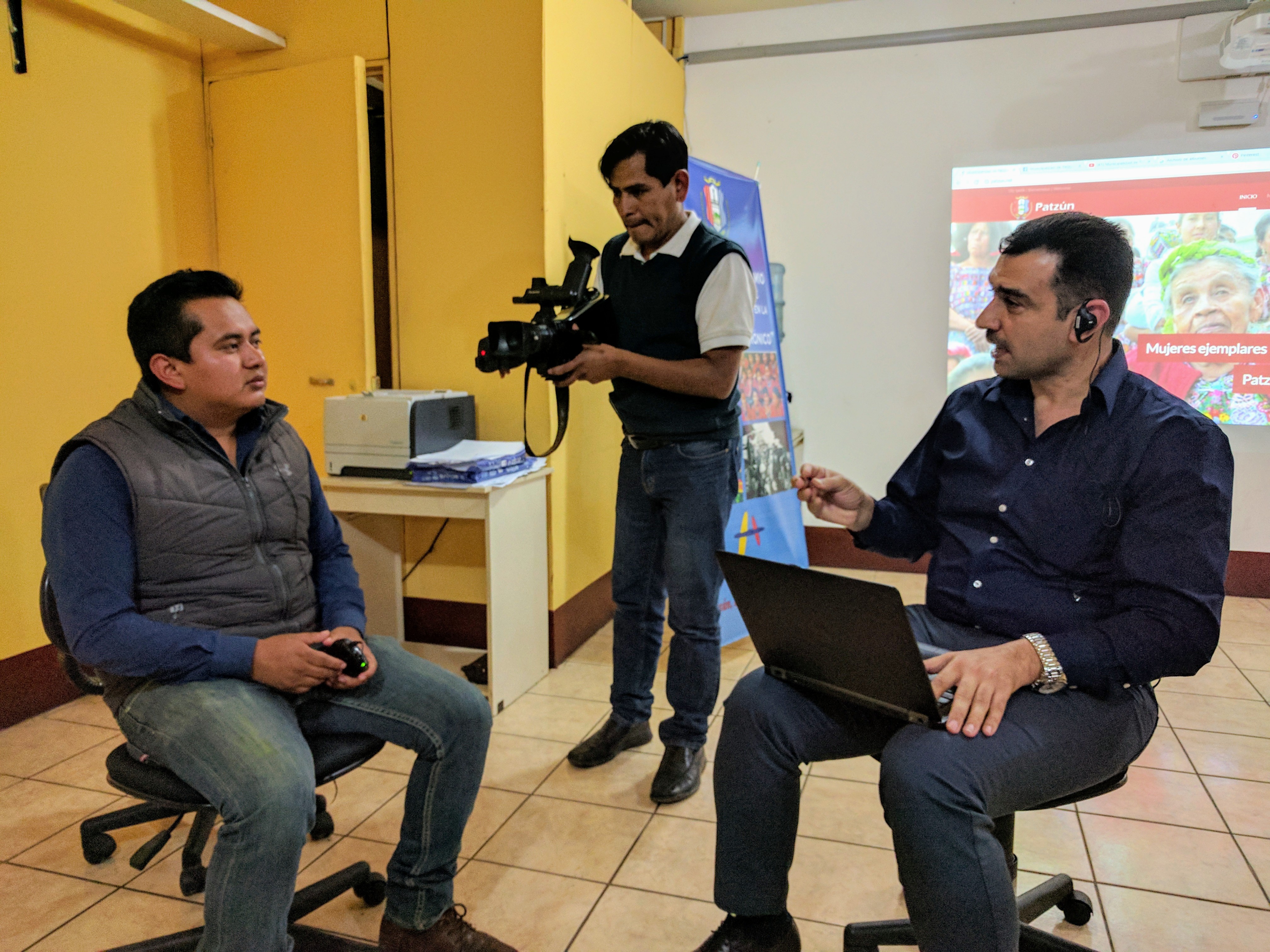
There is a lot of noise around the space of technology for governance and IRI’s Smart Governance program has risen above the rest without providing a single line of code or piece of hardware.
When IRI began its Smart Governance program in 2012, the mission was to promote responsive, efficient, transparent, and inclusive governance within municipal governments in Central America, facilitated through the use of technology. Under the program, IRI empowered partners through increased technical capacity (both of the political and technological type) and networking, allowing partners to identify and implement solutions that were most appropriate for their needs.
Five years have passed, and Smart Governance has evolved and expanded in a number of directions In order to determine the effectiveness of the program and to identify lessons that can be transferred and scaled for other programs and contexts, IRI conducted a comprehensive evaluation.
This evaluation allowed us to identify what has made IRI’s Smart Governance approach so valued by our partners. What we found was a resounding appreciation for the personalized nature of IRI’s support. Furthermore, the ensuing projects overwhelmingly supported local businesses and were entirely aware of the local norms and digital ecosystem, both factors promoting the sustainability of the initiatives.
Following a 6-day road trip during which we interviewed 29 mayors and municipal staff in 6 municipalities across Honduras, El Salvador and Guatemala, several key themes became immediately clear.
1. We aren’t talking about e-governance. We are talking about governance in an age when the presence of technology in daily life is ballooning all over the world. The fundamentals of responsiveness, accountability, transparency, and inclusivity never shift, the possibilities for them only become greater.
2. We aren’t talking about technology either. We are talking about community needs. The outcomes that we heard most during the trip related to economic development, citizen security, youth employment, increased municipal government revenue and informed democracy. Change had to be led by an identified action that would benefit their citizens, not blind innovation or hype.
3. Peer-to-peer exchange matters. Participants of the Smart Governance program, which featured a number of exchange and networking opportunities, reported that these activities were the most impactful and most memorable for them. At the events, participants found in their peers relatability, inspiration and friendly competition. A theme of the interviews seemed to be a statement along the lines of “we saw what they did in Patzún, and they have even less money than we do!” From these elements, participants became aware of applicable governance solutions and were strongly motivated to pursue them.
4. Money matters but it´s not the only factor. Many of the communities we visited are operating on severely limited budgets from their national governments, and have inadequate local sources of revenue. Raising taxes to pay for new platforms has led to violent opposition, and existing resources and infrastructures have their own needs. Proposing costly or perceptively frivolous technologies can have counter-productive results for the promotion of effective innovation.
5. Nothing happens without political will. The application of appropriate solutions was made possible in each case by a motivated Mayor, who was then able to tap into local resources and rally the community. Without their support, seemingly obvious projects would have never come to fruition.
More than anything, the biggest take-away for us was the energy that we witnessed at each visit. It was clear to us that the partners we met with are personally dedicated to improving their communities, and the subject of this program is one way they want to be doing it. I am honored to be able to join and support them through the process!

Top